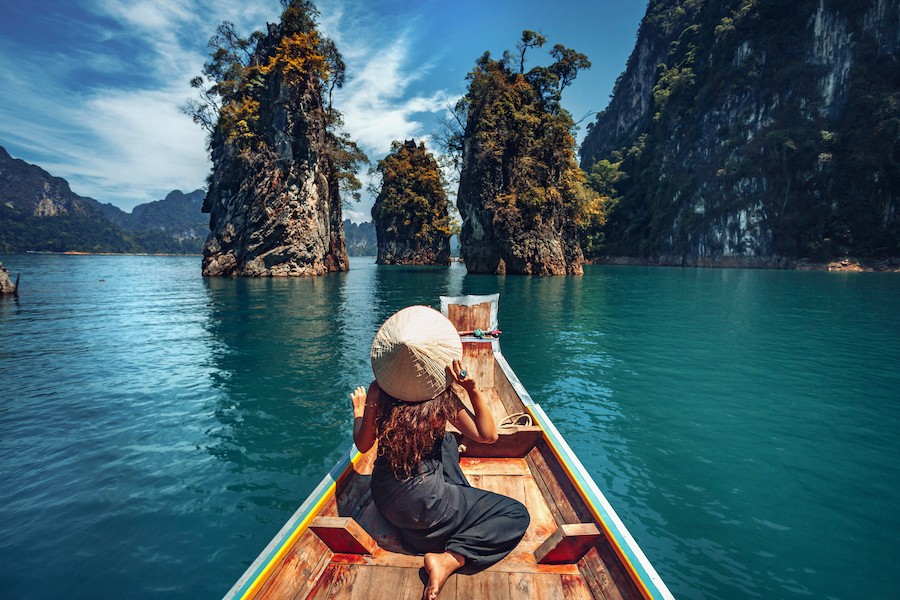As the international company evolves, so do the professionals’ priorities. By way of the findings of a Global Millennial Survey performed utilizing Deloitte, office goers are more curious about traveling the world in preference to beginning their own family, turning wealthier, or maybe shopping for a home. Here are some of the interesting findings of this examination. The researchers surveyed 13,416 Millennials (born between 1983 andand 1994) from 42 international locations and three 009 Gen Z respondents (born between from 1994 and 2002) from ten nations. This research changed over eight years, and each generation has similar targets and priorities.
While fifty-seven percent of contributors from both generations want to tour the world and voted it their pinnacle priority in life, fifty-two percent of millennials and fifty-six percent of Gen Z wanted to earn excessive earnings. Other pursuits blanketed buying a domestic, creating a high-quality effect on the network, and having youngsters or beginning families turned into at the 5th spot of this list. Going by using the facts, about 49 percent of millennials would end their activity in the next two years if preferred. In truth, less than 3 in ten millennials plan to live in their gift job for the next five years.

The possible reasons millennials wanted to be renounced from their present organizations in the next two years included dissatisfaction with salary, loss of advancement and learning opportunities, no longer being preferred, and poor work-existence stability. Interestingly, the contributors from India and China have been highly optimistic about their future, and those from strong monetary powers (Including Japan, the United Kingdom, Italy, and France) were pessimistic about the arena and their future.
On non-public stages, the participants cited climate alternations, herbal screw-ups, unemployment, earnings inequality, terrorism, etc. As their areas of the subject. Most running experts worldwide may have begun seeing social media as a threat to their bodily and mental fitness. More than 60, consistent with a cent from both generations, have agreed that they would be bodily healthier if they reduced their time on social media. Tibet is on a high plateau and belongs to a typical downy special climate. Climates are quite different in different areas of Tibet. Eastern Tibet, which is at a lower elevation, is warmer than Western Tibet.
In some mountain areas, there are four seasons simultaneously at different altitudes. The weather in a day varies greatly, too. The night is cold while the day is warm. It spans 12-15 degrees centigrade in a single day. The climate in southeastern Tibet, including Nyingchi and Chamdo, is balmy, with an average temperature of eight degrees centigrade. Western Tibet (Shigatse and Nagqu)is quite cold, with an average temperature below zero degrees. However, in the central area of Tibet, the climate of Lhasa and Tsedang is more favorable for traveling. Therefore, travelers can visit these two areas all year round, not too hot in summer and cold in winter.
2. How is the road condition in the rainy season in Tibet? Need I take any rainproof with me?
The rainy season in Tibet is mainly from June to August, and it does have a terrible impact on the roads. However, there are many track maintenance workers, and the local army would help restore the streets. Generally speaking, it only takes a few hours to make the roads feasible again. As for the rainproof, you should take a raincoat, rainproof trousers, and shoes if you want to trek, climb the mountain, or ride a bike. However, if you have group tours organized by some travel agencies, you usually don’t need raincoats because Tibet often rains at night, and the weather is quite good during the day. Besides, the tourist bus will always be with you.
3. What is the best time to travel to Tibet?
Generally speaking, early April begins the travel season, which lasts until mid-June when many Chinese travelers rush to Tibet for the summer holiday. Late June to the end of the National Holiday is the peak travel season when important festivals are held in Tibet, like the Shoton Festival, Gyantse Dawa Festival, and Nagqu horse riding Festival. After mid-October, Tibet turns to winter, and as the number of visitors reduces greatly, more than half of the hotels are closed for poor reservations.








